It’s 1.45 a.m. and I can’t sleep: jet lag. We returned early yesterday morning from the UK — my first overseas trip since the global financial crisis and my first long haul in economy class since migrating here 20-plus years ago. My zombie-like state was confirmed when, driving to the local shops in the afternoon, I discovered that the hand-brake had been relocated to the wrong side of the driver’s seat. Not only that, but the window wipers came on when I tried to indicate. Having adjusted to the European settings of the hire car we drove for nearly a month through England and Wales, I now had to adjust back again.
We brought the fine weather with us, or so they said. I was astonished to learn that most if not all of the UK hadn’t had a decent summer for seven years. The English countryside looked beautiful (quite a compliment, coming from a Welshman) and the ubiquitous Union Jacks and flags of St George — a legacy, I was told, of the national pride rekindled by last year’s Olympics — added a touch of gaiety that belied the social reserve and disdain for enthusiasm that one normally associates with the English. Even more impressive was the sense, imparted by the intimate huddle of fields and villages, of the harmony between man and nature developed over centuries of cultivation. It provided a stark contrast to the raw beauty of our own landscape which, though I love it, makes me uneasy.
The main purpose of our visit was to celebrate my mother’s 90th birthday. My family moved from Wales many years ago and now Mum lives in Buckinghamshire, close to my sister and brother-in-law, who look after her (not always an easy job) wonderfully. She’s in great form for her age and the occasion provided an opportunity to catch up with family and friends, some of whom I haven’t seen for nearly 30 years. Most importantly, it enabled me to rebond with my sister who, understandably, hasn’t forgiven me for debunking to Australia and leaving her to shoulder the filial burden. We sat up talking one night until 5 a.m., the gin, laughter and occasional tear flowing freely.
My eldest son was four when we emigrated and this was his first trip back to the land of his birth, having until now confined his travel adventures to the southern hemisphere. His first observation as we left Heathrow and joined the M25 was: ‘British drivers make the Balinese look like driving instructors’. We took him to see the house in south London where we lived when he was born, to my home town in Wales and to many other places of family significance. He was surprised to discover that I had grown up in a small and not particularly distinguished town (he said it reminded him of Taree) rather than somewhere more cosmopolitan. ‘It explains a lot about you,’ he said. He didn’t expand on the point, and I thought it prudent not to ask him to.
There was another, less happy, reason for the journey, which was to say a final farewell to one of my closest friends who had died earlier in the year. He and I had grown up together, living in the same street and attending the same school; he later introduced me to the Australian woman who became my wife; but for the tyranny of distance, he would have been my best man at our wedding in Sydney; he was my eldest son’s godfather. He was one of the brightest, warmest, kindest and funniest people I have ever met. We couldn’t make it to the UK in time for his funeral but, thanks to the patience and understanding of his friends and cousins (he had no immediate family), the scattering of his ashes was delayed until we could be there.
He left no will or directions for obsequies. Although he had lived in England for most of his adult life his friends on both sides of Offa’s Dyke, as well as those of us Down Under, agreed that his final resting place should be in Wales. In the rugby field of his/my home town — at the end where, as a youthful spectator, he used to stand — we buried some of his ashes in a hole that the groundsman had meticulously squared and centred behind the goalposts. The rest of his ashes we committed to a cascade above a beautiful lake in what had once been the grounds of an 18th-century mansion. The house no longer stands but its former gardens, now a well-maintained public park, roll down towards the rugby field and the town beyond. It was a sad but, in its way, perfect day.
It’s now 3.40 a.m. In the UK, my sister and brother-in-law are returning from their regular Sunday outing on the boat they keep moored on the Thames. I think about going back to bed and wonder how much sleep, if any, I might snatch before the kookaburras wake me. It’s going to be a busy week. Top of my agenda is helping to sell tickets for the annual ball for the Harbour-to-Hawkesbury, Sydney, branch of Lifeline, the charity dedicated to helping prevent suicide. I became a committee member late last year hoping, in a general way, that I might do some good in the world. Now, however, my motivation is a lot more personal: my friend took his own life, and nobody saw it coming.
Got something to add? Join the discussion and comment below.
Get 10 issues for just $10
Subscribe to The Spectator Australia today for the next 10 magazine issues, plus full online access, for just $10.
Roger Hogan is a Sydney-based communications consultant and a former writer at the Australian Financial Review. The number for Lifeline’s 24-hour crisis support telephone line is 13 11 14.
You might disagree with half of it, but you’ll enjoy reading all of it. Try your first month for free, then just $2 a week for the remainder of your first year.

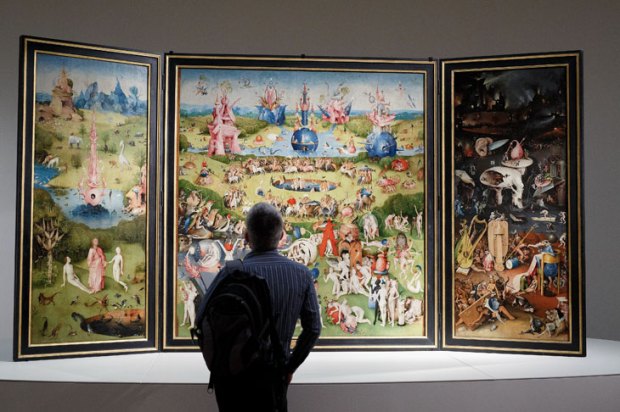

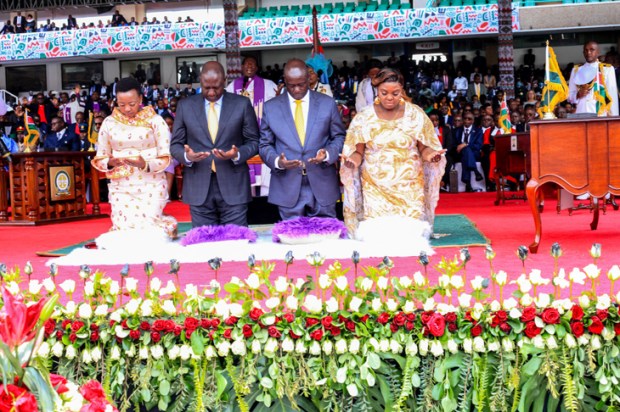
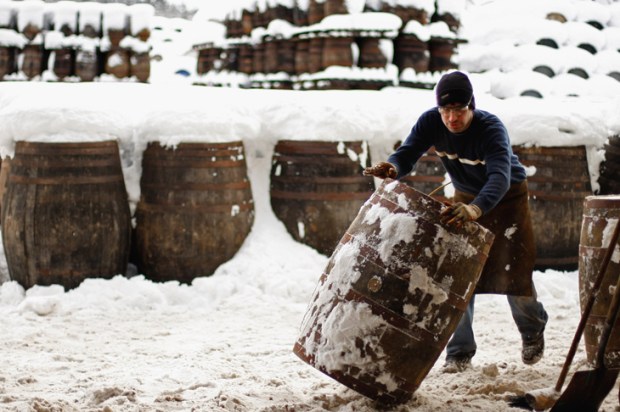
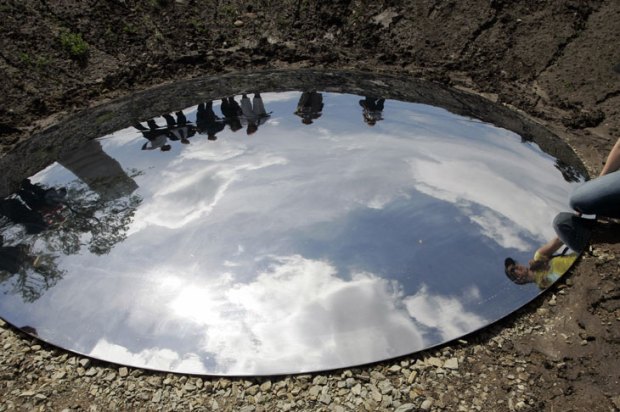
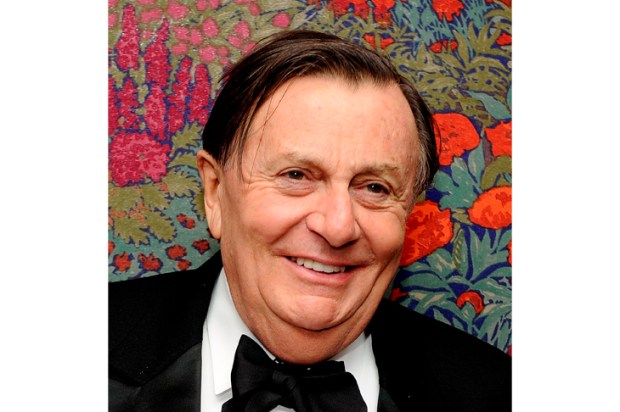






Comments
Don't miss out
Join the conversation with other Spectator Australia readers. Subscribe to leave a comment.
SUBSCRIBEAlready a subscriber? Log in